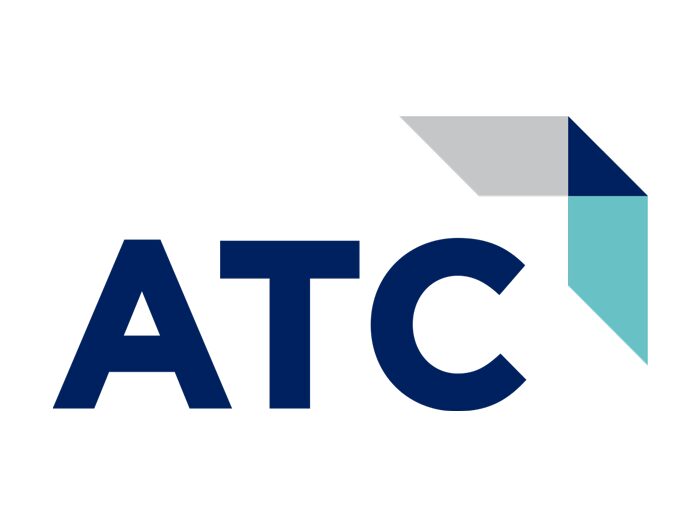
“SIP trunking is no longer for those who are pioneers in IT or forward thinkers. SIP trunking is now a “have to” technology that requires significant best practices to secure a safe, risk managed implementation and support.
SIP trunking has been promoted as a carrier solution for close to 48 months at this juncture, and has now, for all intents and purposes, gone mainstream. SIP trunking offers several key benefits for those enterprises willing to take the plunge and implement it.”
Read the rest of this article posted by Unified Communications Strategies here. It’s a great read loaded with information on SIP… benefits, interesting tidbits, and trends. Here are the benefits:
SIP Trunking Benefits
There are several key “out-of-the-box” benefits one can leverage:
- Annual Cost Savings – Annual cost savings are significant, in our experience between 20% and 60% annually. In fact, SIP trunking savings in our experience has increased by at least another 10-20% in the last 24 months. These savings can make any IT Director or CIO a hero. For our clients we have seen savings annually from $200K to $1.5M annually and more. Now is a great time to consider moving to SIP trunking, just based on cost savings alone.
- SIP Trunking Reduces Managing the Number of PRIs Across Multiple Sites – For many customers, the number of PRIs to manage can be from several to many. SIP trunking dramatically reduces the number of PRIs necessary to maintain public inbound and outbound traffic. We have one client with in excess of 100 PRIs in use across multiple sites. For this client, the plan is to reduce the number of PRIs by 90+% (some to be kept for overflow purposes). This is a major benefit for managing the network on a day-to-day basis.
- Most SIP Trunking Providers Deliver on Real-Time Statistics – Most SIP trunking providers deliver on real-time statistics for use by the enterprise for capacities and therefore gives you, the enterprise user, a real-time view of what traffic utilization is taking place on your SIP trunks, giving you visibility on use and session/port utilization.











